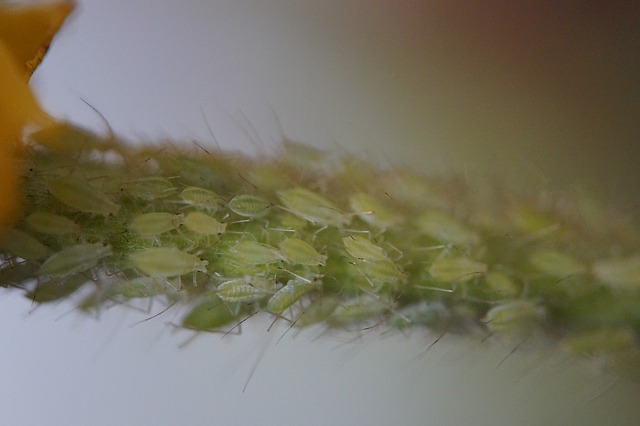Researchers have reported the discovery of mutated lice that are resistant to common treatments. Experts are saying there is no need for panic as the results are preliminary, reports ABC.
The preliminary findings on the mutant lice were presented at a meeting of the American Chemical Society (ASC) on Tuesday in Boston by Kyong Yoon, assistant professor at Southern Illinois University, and John Marshall Clark, professor at the University of Massachusetts and director of the Massachusetts Pesticide Analysis Laboratory.
Lice samples were gathered from 30 states by the research team, which found that 25 of the states have lice with genetic mutations. These mutations, called “knock-down resistance,” are known to help insects survive insecticides.
“If you use a chemical over and over, these little creatures will eventually develop resistance,” Yoon said.
If you use a chemical over and over, these little creatures will eventually develop resistance. So we have to think before we use a treatment. The good news is head lice don’t carry disease. They’re more a nuisance than anything else.
As the Chicago Tribune reports, ongoing studies by Yoon and Clark also show that out of 48 states tested, only five do not have the “super lice.”
The mutant lice began showing up in 2000. The super lice have continued to spread as people continue to use common treatments for infestation such as pyrehtroids – a favored treatment by doctors and parents due to its known safe use on children.
This means that if you or your children are infested with head lice, “there is a high chance that those lice are over-the-counter product resistant,” said Yoon.
If you have or your children are infested with head lice, there is a high chance that those lice are over-the-counter product resistant.
The good news is that there are prescription treatments available for those lice that aren’t affected by the over-the-counter treatments; and non-response to treatment isn’t always a sign of the mutant super lice.
Yoon also suggests that parents be sure they are appropriately treating the lice the first time and to avoid the use of hats or headbands after infestation.
If they’re using things like headbands or hats, they can spread it from one child to another. It can also be a potential reason why they’re not getting better.
It is important that parents treat head lice appropriately and always with supervision. In February, a toddler in Massachusetts died after her parents put her to bed with a home-treatment made of mayonnaise and a plastic bag on her head. During the night, the bag slipped and suffocated the little girl.
























